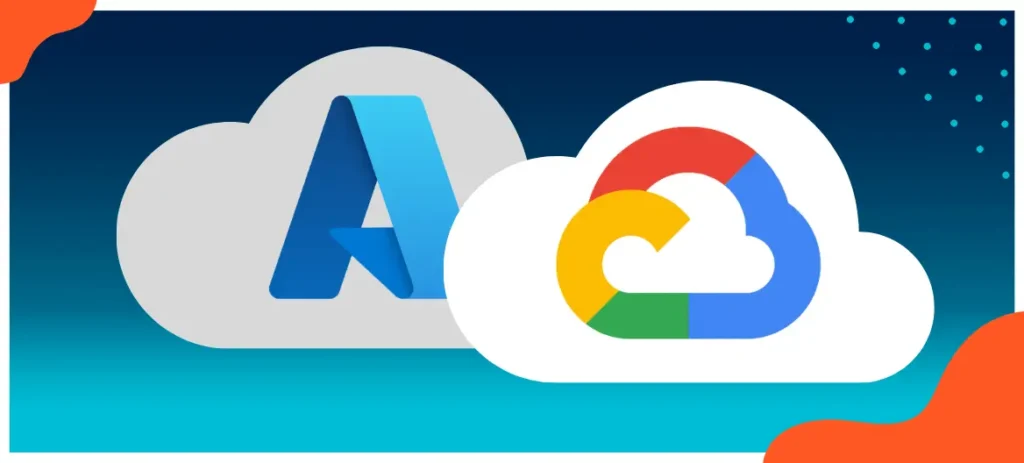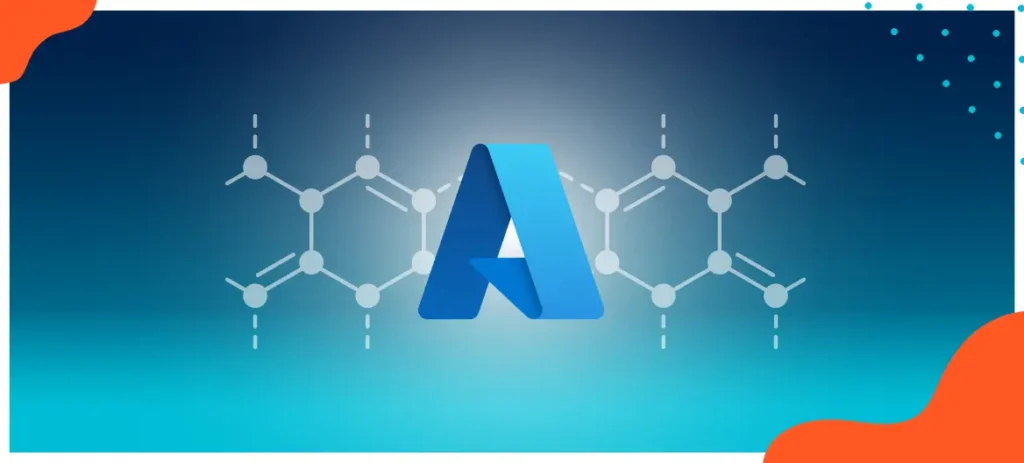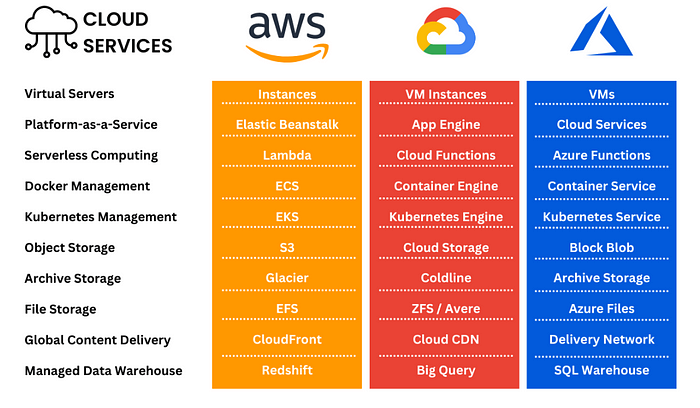The race among the top cloud platforms—AWS (Amazon Web Services), Microsoft Azure, and Google Cloud Platform (GCP)—continues to heat up in 2025. Each platform offers a robust suite of services and tools, catering to businesses of all sizes and industries. But which is better? The answer largely depends on your organization’s specific needs, budget, and technical expertise.
This blog dives into the strengths, weaknesses, and ideal use cases for AWS, Azure, and Google Cloud to help you make an informed decision.
1. AWS (Amazon Web Services)
As the pioneer in cloud computing, AWS remains a dominant player in 2025.
Strengths:
- Extensive Service Portfolio: AWS boasts the most comprehensive suite of services, ranging from computing, storage, and machine learning to IoT and quantum computing.
- Global Reach: With the largest number of data centers and availability zones, AWS ensures low latency and high reliability for global applications.
- Scalability: AWS’s elastic architecture allows businesses to scale up or down seamlessly based on demand.
Weaknesses:
- Cost Complexity: While AWS offers a pay-as-you-go model, its pricing structure can be challenging to navigate and may lead to unexpected expenses.
- Learning Curve: The vast number of services can overwhelm new users or smaller teams.
Best For:
- Startups, enterprises, and developers looking for flexibility, innovation, and a broad range of services.
- Businesses with global operations requiring high availability and scalability.
2. Microsoft Azure
Azure continues to thrive as a leading cloud platform, especially for organizations already using Microsoft tools.
Strengths:
- Integration with Microsoft Products: Azure seamlessly integrates with tools like Windows Server, Office 365, and Dynamics 365, making it a natural choice for businesses in the Microsoft ecosystem.
- Hybrid Cloud Capabilities: Azure excels in hybrid cloud solutions, allowing businesses to connect on-premises infrastructure with cloud services.
- Enterprise-Friendly: Azure provides strong support for enterprise applications, including SAP and Oracle workloads.
Weaknesses:
- Pricing Complexity: Like AWS, Azure’s pricing can be difficult to predict and optimize without proper monitoring.
- Smaller Ecosystem: While Azure’s service portfolio is growing, it still lags slightly behind AWS in terms of sheer breadth.
Best For:
- Enterprises heavily invested in Microsoft technologies.
- Organizations requiring robust hybrid cloud solutions.
3. Google Cloud Platform (GCP)
Google Cloud has made significant strides in recent years, carving out a niche for data analytics and AI/ML workloads.
Strengths:
- AI and Machine Learning Expertise: GCP leads in machine learning and artificial intelligence tools, with offerings like TensorFlow and BigQuery.
- Cost-Effective Solutions: Google Cloud is often considered more affordable, especially for startups and data-centric businesses.
- Developer-Friendly Tools: With Kubernetes (developed by Google) and other developer-centric features, GCP is a favorite among tech-savvy teams.
Weaknesses:
- Smaller Market Share: Despite its strengths, GCP lags behind AWS and Azure in market adoption, particularly among large enterprises.
- Limited Regional Coverage: While growing, GCP’s global footprint is smaller compared to AWS and Azure.
Best For:
- Startups and businesses focusing on data-intensive workloads, such as analytics and AI.
- Developers seeking cutting-edge tools for app and software development.
4. Feature Comparison: AWS vs. Azure vs. GCP
| Feature | AWS | Azure | GCP |
|---|---|---|---|
| Compute | EC2, Lambda | Virtual Machines, Azure Functions | Compute Engine, Cloud Functions |
| Storage | S3, Glacier | Blob Storage, Disk Storage | Cloud Storage |
| AI/ML | SageMaker, Rekognition | Azure AI, Cognitive Services | TensorFlow, BigQuery |
| Hybrid Cloud | AWS Outposts | Azure Arc, Stack | Anthos |
| Pricing | Flexible but complex | Enterprise-focused, custom deals | Competitive for data workloads |
| Global Reach | Largest data center network | Strong presence | Growing footprint |
5. Key Considerations for Choosing the Right Platform
When evaluating AWS, Azure, and GCP, consider the following factors:
Business Needs
- For global scalability and flexibility, AWS is the leader.
- For seamless integration with Microsoft tools, Azure is unmatched.
- For advanced analytics and AI, GCP is the go-to platform.
Budget
- GCP often offers the most cost-effective solutions for startups.
- Azure and AWS cater to enterprises with tailored pricing models.
Technical Expertise
- If your team is experienced in cloud development, AWS or GCP provide advanced capabilities.
- For less experienced teams or those transitioning from Microsoft systems, Azure is more approachable.
Hybrid and Multi-Cloud
Azure and AWS excel in hybrid cloud solutions, while GCP focuses on Kubernetes and Anthos for multi-cloud environments.


6. Future Trends in 2025
As cloud technologies evolve, the competition between AWS, Azure, and GCP will intensify. Key trends include:
- Sustainability Initiatives: All three platforms are investing heavily in renewable energy and green data centers.
- Edge Computing: Azure and AWS are leading in edge solutions, with GCP also expanding its offerings.
- AI Integration: GCP will likely continue its dominance in AI, while AWS and Azure enhance their AI tools to compete.
Conclusion
In 2025, the best cloud platform—AWS, Azure, or Google Cloud—depends on your organization’s specific requirements. AWS excels in scalability and service breadth, Azure shines in enterprise integration and hybrid solutions, and GCP leads in AI and data analytics.
Carefully assess your business needs, budget, and long-term goals before committing to a platform. For many organizations, adopting a multi-cloud strategy can offer the flexibility and resilience needed to thrive in a competitive digital landscape.
By making an informed decision, you can leverage the power of cloud computing to drive innovation, efficiency, and growth in your business. and take your app development journey to the next level!

